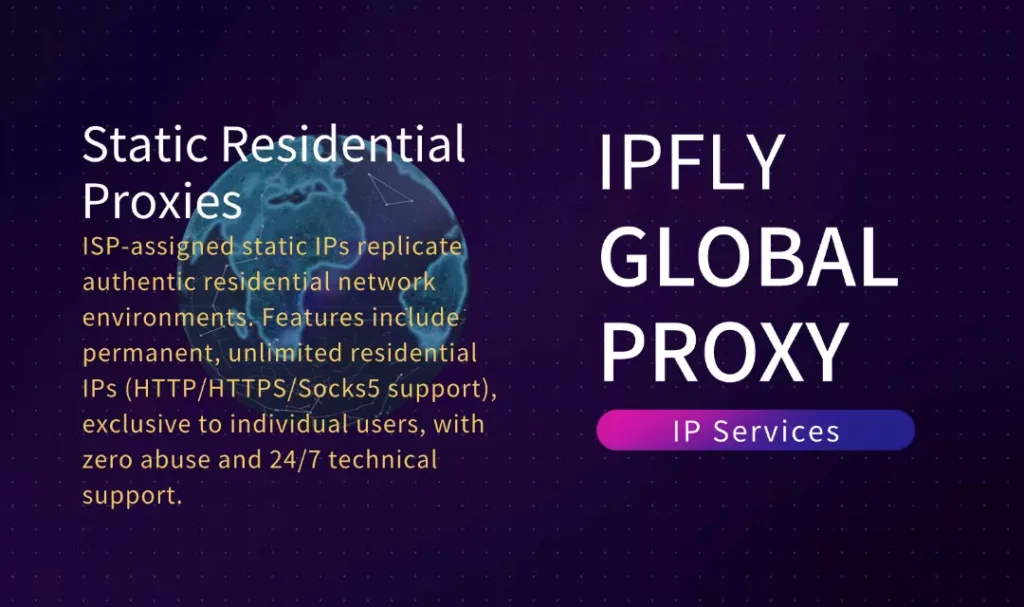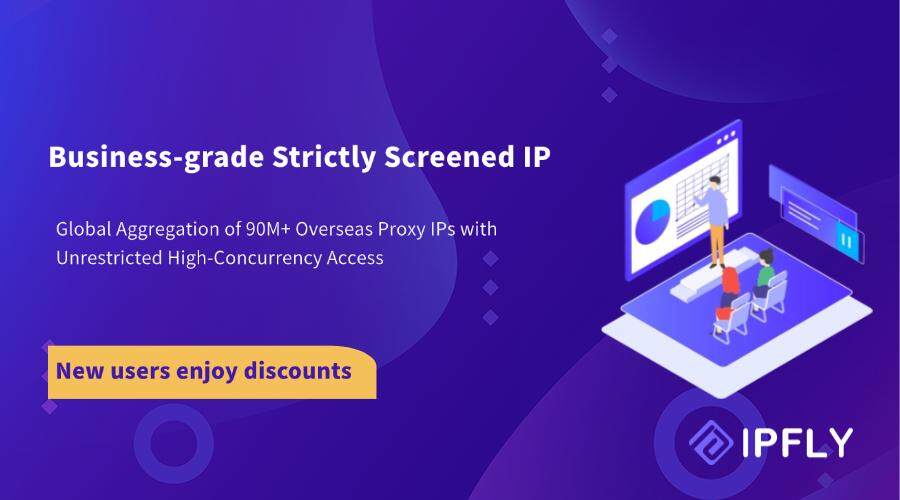In today’s landscape of multi-account marketing, data-driven automation, and geo-targeted browsing, traditional VPNs often fall short. That’s where the antidetect VPN comes into play. Unlike standard VPNs that simply mask your IP address, antidetect VPNs are designed to emulate entire digital identities, reducing the risk of detection, bans, or fingerprinting. They’re essential for marketers, e-commerce sellers, and data collection teams working across sensitive platforms.
In this article, we’ll break down what an antidetect VPN is, how it works, and why professionals are increasingly adopting this advanced privacy tool. We’ll also explore key use cases and practical tips for choosing the right solution.

What Makes an Antidetect VPN Different?
A typical VPN encrypts your connection and changes your IP address. That’s great for privacy, but most VPN users share exit IPs, and browser fingerprinting still exposes user patterns.
Antidetect VPNs go a step further by:
- Changing browser fingerprints
- Spoofing system information (like time zone, OS, language)
- Randomizing canvas and WebGL data
- Preventing tracking through cookies and browser metadata
This holistic approach minimizes the chance of getting flagged when managing multiple accounts or scraping data across sensitive platforms.
How Does an Antidetect VPN Work?
Rather than only tunneling traffic through a different IP address, an antidetect VPN often operates in conjunction with a custom browser or a browser extension that cloaks device-level attributes.
These tools may simulate:
- New browser sessions with each launch
- Unique hardware configurations
- Separate cookie jars for each profile
- Diverse network environments
In essence, an antidetect VPN can make each session look like it’s coming from a completely different user on a separate device, even if everything is run from the same machine.
Why Are Antidetect VPNs So Popular?
Antidetect VPNs were once niche tools used primarily by cybersecurity researchers. Today, their usage has expanded dramatically into areas like:
1. Affiliate and Ad Verification
Running multiple ad campaigns across different regions often triggers account bans if the user patterns look too similar. With an antidetect VPN, marketers can simulate access from different geographies and devices, mimicking genuine user behavior.
2. Social Media Management
Managing dozens or hundreds—of accounts across platforms like Instagram or Facebook is risky without proper identity separation. Antidetect VPNs allow teams to operate each account as if it were a real, independent user.
3. Web Scraping and Market Research
When collecting data from public websites, repeated requests from the same device often lead to rate-limiting or IP blocks. Using an antidetect VPN paired with rotating residential proxies, users can collect data more efficiently and stealthily.
4. E-commerce Arbitrage
Sellers using international e-commerce platforms may want to monitor localized pricing or run localized store setups. Antidetect tools allow safe, undetected switching between country storefronts and payment systems.
Proxy Integration: The Secret to Success
While antidetect VPNs provide the device and fingerprint masking layer, they’re usually most effective when paired with quality proxies. This combination enables both identity masking and location simulation.
Platforms like IPFLY offer proxies optimized for stealth operations. With over 90 million IPs globally, including dynamic residential and static ISP proxies, IPFLY’s infrastructure supports advanced use cases like anti-detection and geo-routing.
By routing antidetect VPN sessions through IPFLY’s proxy network, users gain more authenticity, lower latency, and greater success rates when accessing region-specific or multi-account platforms.
Is It Legal to Use an Antidetect VPN?
Yes—as long as it’s used ethically and for legal purposes.
Businesses, freelancers, and agencies often use these tools to manage large-scale campaigns, test UX environments, or access global data. However, it’s important to avoid:
- Fraudulent activities
- Violating the terms of service intentionally
- Circumventing regulations in sensitive industries
When used responsibly, antidetect VPNs are valuable privacy tools that help professionals work more efficiently and securely online.
Tips for Choosing an Antidetect VPN
With many antidetect solutions on the market, here’s what to look for when evaluating options:
✅ Fingerprint Control
Look for tools that allow full customization over browser and system fingerprints, including fonts, WebRTC, canvas, and geolocation.
✅ Multi-profile Support
The ability to create and store dozens (or hundreds) of unique browser profiles is crucial for teams handling multi-account tasks.
✅ Easy Proxy Integration
Ensure the antidetect VPN can easily integrate with third-party proxies. IPFLY proxies, for example, are compatible with most leading antidetect browsers and VPN solutions.
✅ Session Isolation
Each browser session should be sandboxed to prevent cookie or cache leakage between accounts.
✅ Cross-device Compatibility
If you work across desktop and mobile, choose a service that supports both environments or allows API-level automation.
Real-World Example: Multinational Marketing Team

A digital marketing agency operating in the U.S., Southeast Asia, and Europe needs to run localized campaigns on TikTok, Google Ads, and Facebook. They manage over 300 client accounts.
To stay compliant with local ad policies and avoid bans, the team uses an antidetect VPN combined with IPFLY’s static residential proxies, simulating real devices from multiple countries. This allows them to test creatives, manage engagement, and report campaign results—without triggering platform flags.
The result: smoother workflows, fewer account bans, and enhanced regional ad performance.
Common Challenges and How to Avoid Them
Despite the benefits, users can still run into issues. Here’s how to navigate them:
- Speed Drops: Not all antidetect VPNs prioritize bandwidth. Choose one that supports high-speed servers and combine it with low-latency proxy providers like IPFLY.
- Browser Bugs: Some browsers may crash under heavy loads. Make sure your solution is updated frequently and supports your OS.
- Proxy Misconfiguration: Ensure your proxy credentials (especially for residential IPs) are correctly integrated to avoid session errors.
Final Thoughts
Antidetect VPNs are rapidly becoming a necessity for businesses working at scale online. They’re more than just privacy tools—they’re digital workspaces that protect identity, reduce risk, and allow for global outreach without detection.
If you need a robust proxy infrastructure to power your antidetect setup, IPFLY’s proxies are a reliable match. With stable residential and ISP IPs across 190+ countries, you can confidently build, manage, and automate your operations.

Ready to upgrade your digital operations with stealth and scale? Combine your antidetect VPN with IPFLY’s premium proxy services and stay a step ahead in any environment.


